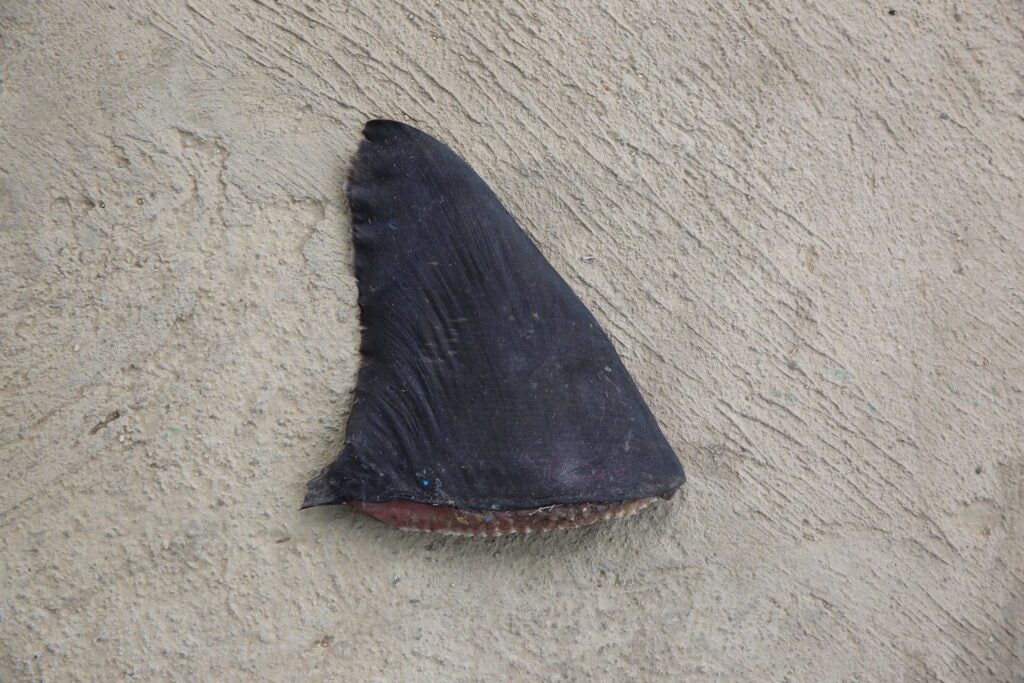February 1, 2023
VICTORY: Peru will now prosecute illegal wildlife trafficking as a form of organized crime
BY: Sarah Holcomb
Illegal species trafficking is the fourth most lucrative illegal activity in the world. This problem is pervasive in Peru, where an estimated 102,000 live wild animals have been seized in the country over the last two decades, according to Peru’s National Forestry and Wild Fauna Service (Serfor). Aquatic species are also at risk of illegal trafficking in the country, especially sharks and seahorses.
This devastating reality should all change now after Peru’s Congress made it the first South American country to declare illegal wildlife trafficking as a form of organized crime. Campaigning by Oceana and our allies was key to securing this important victory.
THE CAMPAIGN

Oceana began this campaign four years ago to ensure that illegal trafficking of animals, especially marine species like sharks, is included in Peru’s law on organized crime. During that time, the campaign faced one political hurdle after another, including a presidential vacancy, the closure of Congress, and three parliamentary elections.
Despite these tumultuous times, Oceana and our allies, including the NGO Asociación para el Rescate y Bienestar de los Animales (Arba), secured significant public support for including illegal wildlife trafficking as a form of organized crime.
In addition to providing input and advice to policymakers, Oceana developed a website – www.nomastraficoilegal.com – to educate the public about this important issue. Oceana drummed up support among influencers and high-profile journalists. Nearly 50,000 Peruvians signed the Change.org petition promoted by Arba, which Oceana, Arba, and Change.org delivered to Congress.
THE VICTORY
In November 2022, following campaigning by Oceana and our allies, Peru’s Congress approved the inclusion of illegal trafficking in the scope of the Law Against Organized Crime. This new inclusion will provide Peruvian authorities with more efficient legal tools to pursue, dismantle, and punish those operating through these criminal networks.
WHY IT MATTERS
The law will help protect hundreds of species including sharks, which are highly prized for their fins in the illicit shark fin trade. In fact, 30 tons of shark parts were seized in Peru in 2018 alone. Fins from as many as 73 million sharks end up in the global shark fin trade each year. Just as rhino and elephant populations have declined due to the demand for their horns and tusks, the unsustainable shark fin trade is jeopardizing the continued survival of many shark species, which are already in decline.
Victories like this one in Peru will allow authorities to better enforce the regulations that shark populations – and consequently, the oceans – depend on.



